MOVIE REVIEW – Christian Bale has found his next favorite director… After two films, the master chameleon continues to work with writer-director Scott Cooper. Their most recent collaboration, Netflix’s The Pale Blue Eye, marks the holy trinity of Bale and Cooper’s work together. The only other directors he has worked with this much are renowned directors such as Christopher Nolan and David O. Russell. The Pale Blue Eye is far from being a perfect period horror thriller, but Christian Bale and a huge twist at the end still carry it.
In this film, Christian Bale is a burnt-out, bitter, alcoholic detective tasked with finding the culprits in some gruesome murders that plague the nascent American Military Academy in this whodunit crime thriller set in the Wild West in 1830.
Another showcase of Bale’s talent
The Pale Blue Eye is also another opportunity for Bale to showcase the breadth of his incredibly diverse and dynamic talent in a single role. On the one hand, he can show his complex Sherlock Holmes-like self-control and measured authority in a naturalistic way as a constantly thinking rationalist. When he laments the fragility of life, however, we get a glimpse of the inner bruises of his psyche.
Too often, these revelatory moments of vulnerability, in which Bale often shines, are overwhelmed by the more explosive displays of physicality and rage that have defined the star’s image. As Landor’s excitement grows, Cooper finds space for anger to surface from this angrier, tougher Bale. But that’s just one element of Bale’s uniquely complex performance, not the actor’s usual performance in The Pale Blue Eye. To rank this performance among the “best” of Christian Bale’s formidable body of work might be an exaggeration. Still, this reunion with Cooper is one of the purest displays of his prodigious talent.
A missing girl and Edgar Allan Poe
Although Landor’s background as a detective is not particularly well presented in the film, it is broadly revealed that he has a history of successfully solving brutal crimes. Still, he is not your usual Sherlock Holmes detective, as the constant inner stress and pain of his daughter’s recent disappearance proves to be his most valuable motivational tool in this particular crime case.
But the mystery surrounding the detective’s daughter is not the film’s only trump card… The other protagonist is none other than young Edgar Allan Poe (Harry Melling), here a young cadet who becomes Landor’s assistant. The The Pale Blue Eye is also a fictionalized account of the famous poet’s real-life upbringing, in which we learn that Poe learned more about observing humanity from a seat in a bar than from any classroom. As a West Point cadet, Landor has a unique perspective on the suspects in his ranks. Recognizing a fellow intellectual who is undeterred by the gruesome nature of the murders, the detective enlists Poe’s help in tracking down the occult-minded enemy within. Bale plays the relationship, somewhat reminiscent of a “buddy movie”, as a mixture of surrogate parenting and professional mentoring, and this dynamic keeps the film flexible and loose as the investigation progresses.
Cooper’s screenplay, adapted from Louis Bayard’s novel of the same name, thankfully does not stoop so low as to create a “Poe origin story” of sorts. Poe’s legacy can be found in the film without overwhelming the story. No cicadas or Easter eggs are needed to show how an imagined story relates to the morbidity and beauty of Poe’s poetry.
Gillian Anderson was the wrong choice this time
The film loses some of its taut dynamism as we are introduced to more characters in the second half, who become important to the investigation. Perhaps the film’s biggest flaw is the overemphasis on the Marquis family in the investigation, which does not fit organically enough into the mood and dramaturgy of the film. The mood of the film changes from the moment the matriarch Julia (Gillian Anderson) enters the story at the funeral of another soldier.
This slightly caricatured, almost ribald performance is unusual for Anderson and she doesn’t really fit into the film well. His two children, Lea (Lucy Boynton) and cadet Artemis (Harry Lawtey), are somewhat closer to the overall tone of the film, yet both – especially the emerging talent Lawtey – remain underused and their characters are not sufficiently developed in the script.
Too slow to unfold, but still worth the patience because of Bale
The The Pale Blue Eye works best when Cooper’s script focuses on Landor and Poe’s story together. It could have been a special Holmes and Watson kind of story, as the two men follow fruitful paths of deductive reasoning while investigating. The twisted alliances, false partnerships and pithy ending result in a wicked mystery and an even more cruel solution that unfolded in a very captivating way for me – only, unfortunately, too slowly.
This story, however, was not about the murders, but about these two men and the shifting balance of power between them as Poe’s analytical insight matures. While it may lack the linguistic clarity that characterizes Edgar Allan Poe’s work, Cooper finds his own poetry in it in his own way.
-BadSector-
The Pale Blue Eye
Direction - 7.2
Actors - 8.2
Story - 6.8
Visuals/Music/Sounds - 7.2
Ambience - 7.4
7.4
GOOD
Set in an interesting time period (1830s) and location (the cold, wintry Wild West), The Pale Blue Eye is a "whodunit" crime thriller about the investigation of two seemingly extraordinary men (a burned-out private detective played by Christian Bale and Edgar Allan Poe) into a very dark case. The film's two big flaws are that it builds up very slowly and Gillian Anderson was a poor choice this time for the role of a strange matron. However, the very strong, punchy ending and especially Christian Bale's performance make this detective thriller, with its mild horror elements, worth sticking with.

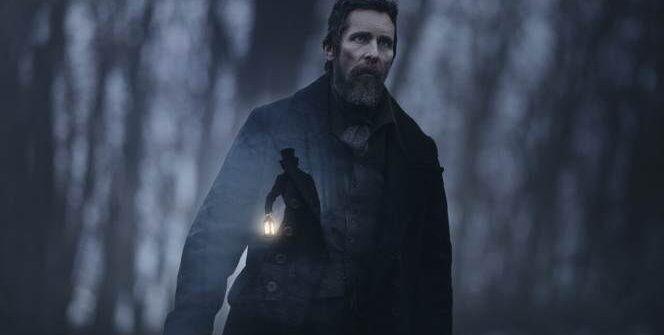
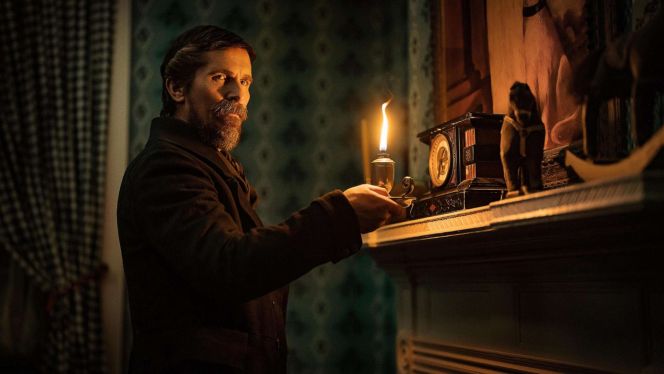
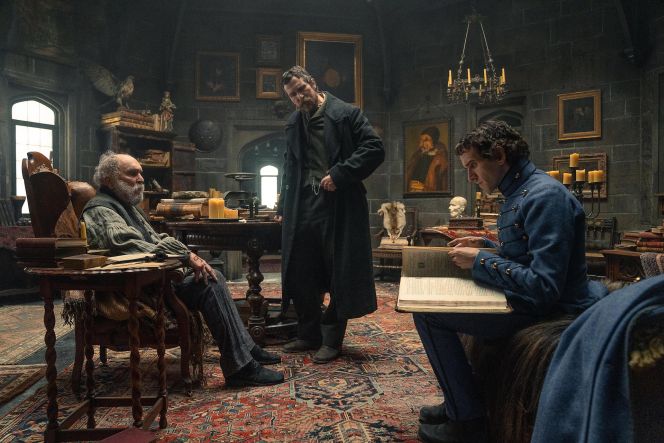
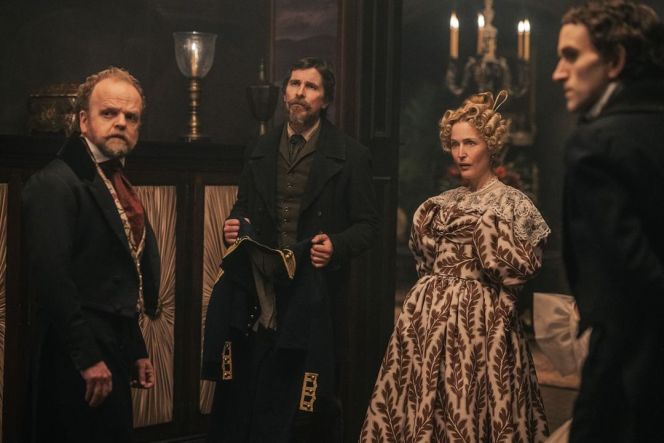


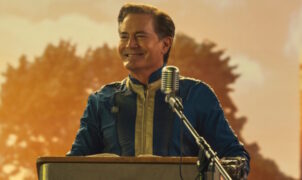


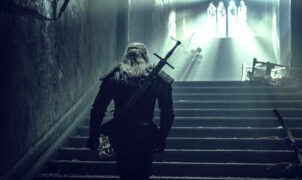
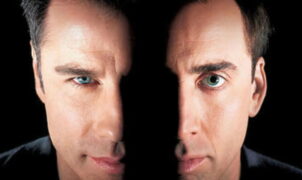


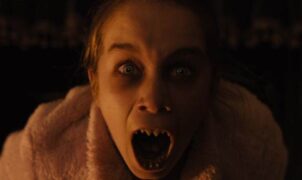


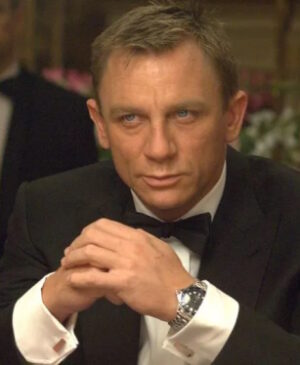
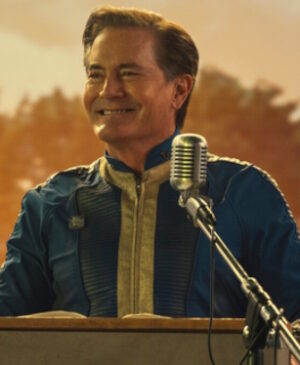
Leave a Reply